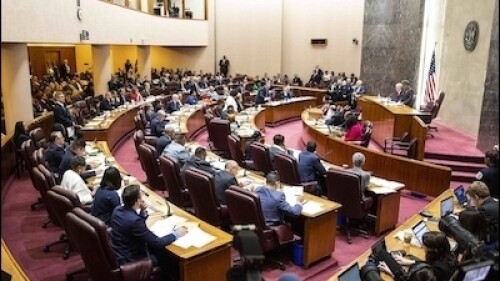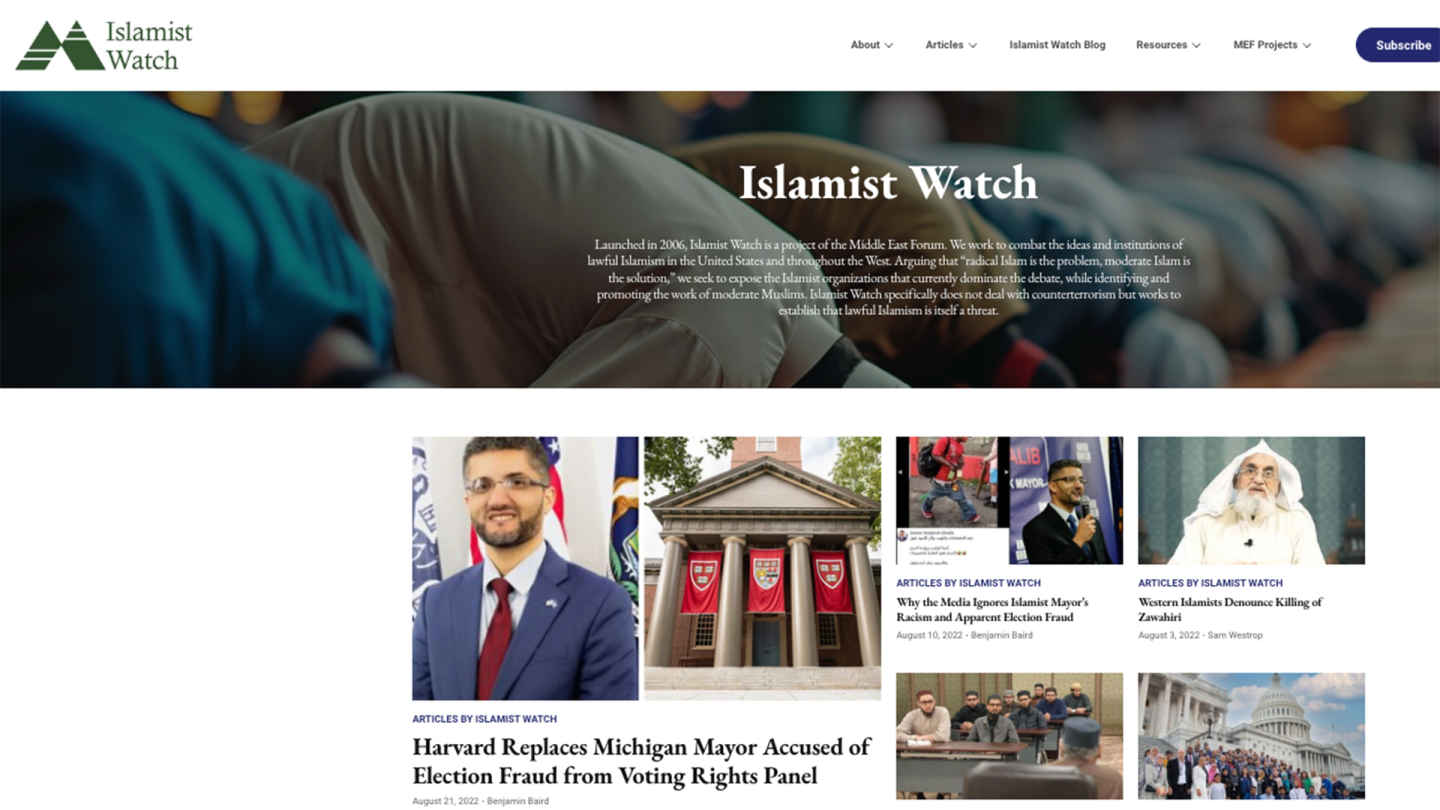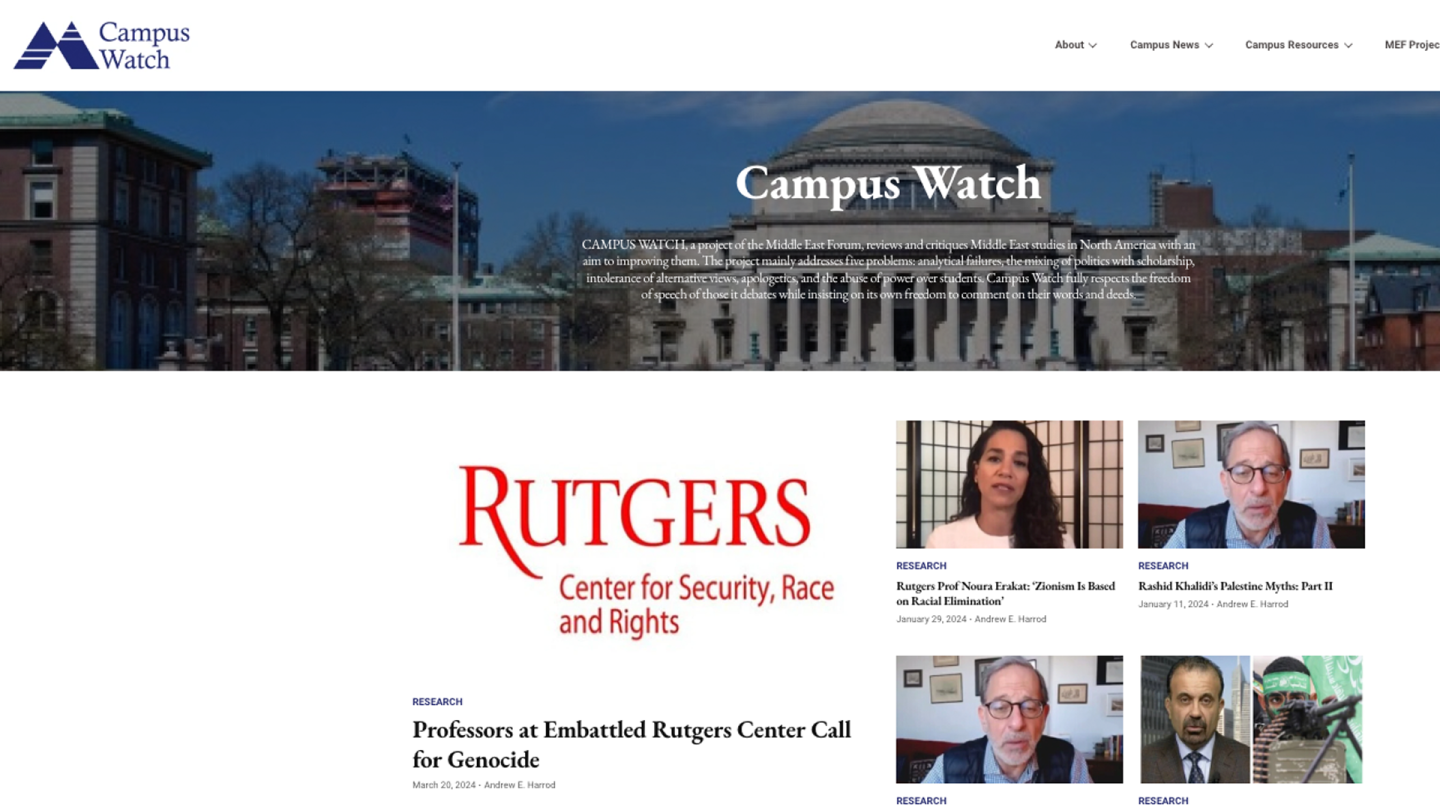The New Plan Is a Tacit Acknowledgment That Israel’s Approach Has Not Come Close to the Desired Objective of the Destruction of Hamas Rule in Gaza
The Latest India-Pakistan Confrontation Underscores the Strategic Role of Pakistan’s Military and ISI in Exacerbating Kashmir’s Instability
Syria Should Return to the Community of Nations, but Not on the Rhetoric of a Single, Untested Leader
What Began as a State-Sanctioned Workaround for Sanctions Has Mutated Into a Security Vulnerability
Tarek Mehanna’s Time in Prison Did Not Lessen His Commitment to Radicalism
Qatar’s Strategic Investments in the U.S. Include Critical Infrastructure in Oil and Gas, Higher Education, Trophy Properties, and Political Access
The Kurdish Organization’s Disbandment Could Create Space for Illiberal and Anti-Western Movements to Thrive
The Emirates Are Greece’s Top Non-European Investor, and Strategic Infrastructure and Defense Coordination Also Link the Two
Spotlight: Israel and Hamas Make a Deal
Israel and Hamas have entered into the first phase of a peace agreement for Gaza. If approved by the Knesset, Israel will withdraw to a predetermined line and the Israeli hostages held by Hamas—20 living and 28 dead—would be freed within 72 hours. Israel also would release an agreed-upon list of Palestinian prisoners.
What’s next? Even if an internally divided Hamas releases the hostages, will it agree to disarm and refrain from participating in any new Gazan government? Will events proceed so that Israel believes it can withdraw from Gaza, even partially? What security measures are possible under such circumstances? Ending incipient hostilities is a necessary first step, but only if these and other seemingly intransigent problems still under negotiation are solved.
What’s next? Even if an internally divided Hamas releases the hostages, will it agree to disarm and refrain from participating in any new Gazan government? Will events proceed so that Israel believes it can withdraw from Gaza, even partially? What security measures are possible under such circumstances? Ending incipient hostilities is a necessary first step, but only if these and other seemingly intransigent problems still under negotiation are solved.
Israel’s Capacity, Once Roused, for the Application of Hard Power Has Been Amply Demonstrated
Middle East Quarterly - Current Issue
Founded in 1994 by Daniel Pipes, MEQ is the Middle East Forum’s journal intended for both scholars and the educated public. Policymakers, opinion-makers, academics, and journalists write for and read the Quarterly, which is known for exclusive interviews, in-depth historical articles, and book reviews on subjects ranging from archaeology to politics and on countries from Morocco to Iran.
Fall 2025 Volume 32: Number 4
Fall 2025 Volume 32: Number 4
Middle East Forum Observer
Founded in 2024, the Observer provides rapid analysis on leading Middle East developments, from Marrakech to Mashhad and the Bab el-Mandeb to the Black Sea.
Launched in 2006, Islamist Watch is a project of the Middle East Forum. We work to combat the ideas and institutions of lawful Islamism in the United States and throughout the West. Arguing that “radical Islam is the problem, moderate Islam is the solution,” we seek to expose the Islamist organizations that currently dominate the debate, while identifying and promoting the work of moderate Muslims.
CAMPUS WATCH, a project of the Middle East Forum, reviews and critiques Middle East studies in North America with an aim to improving them. The project mainly addresses five problems: analytical failures, the mixing of politics with scholarship, intolerance of alternative views, apologetics, and the abuse of power over students. Campus Watch fully respects the freedom of speech of those it debates while insisting on its own freedom to comment on their words and deeds.
























































